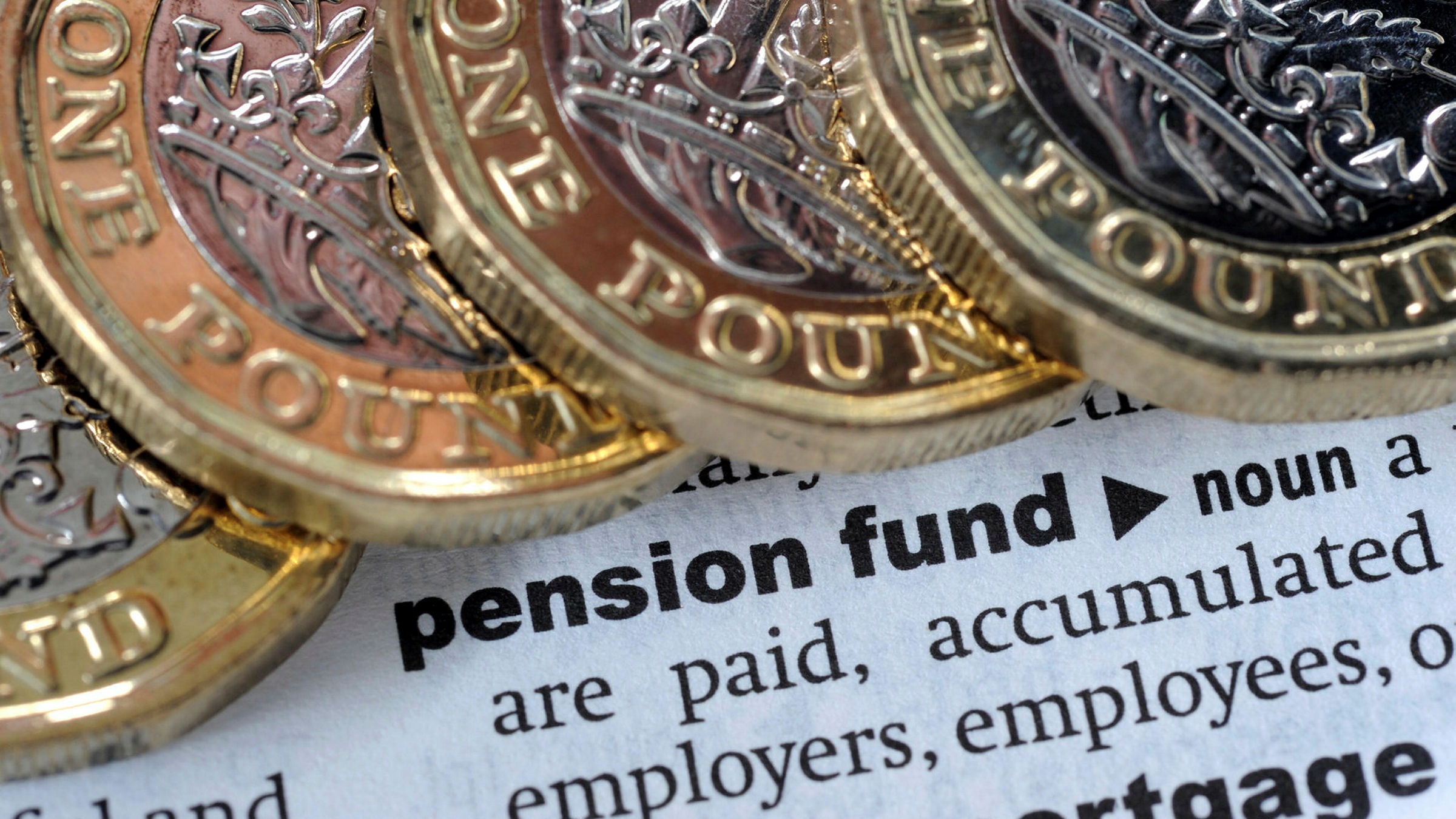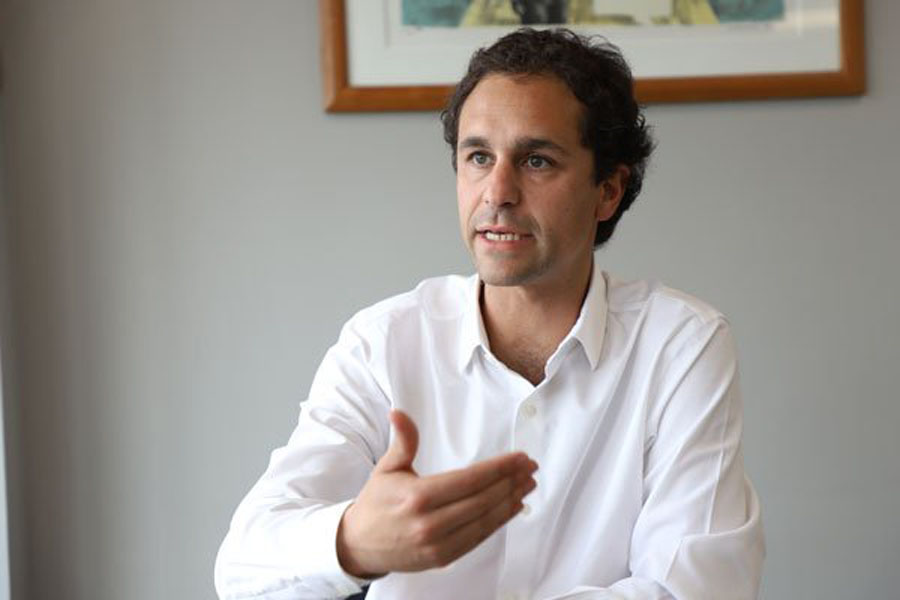UK. Impact of COVID-19 on life expectancy could reduce pension scheme liabilities by up to £90bn
Impact of COVID-19 on life expectancy could reduce pension scheme liabilities by up to £90bn New XPS forecasting shows long-term vulnerabilities in pension schemes following the pandemic. In some scenarios the long-term economic impact of COVID-19 on life expectancy could be 50% higher than the short-term impact of the pandemic. The economic impact on schemes' assets is also a significant consideration. Especially for those schemes holding growth assets and/or with low hedging ratios. Read also UK. Cybercrime and Pensions...






